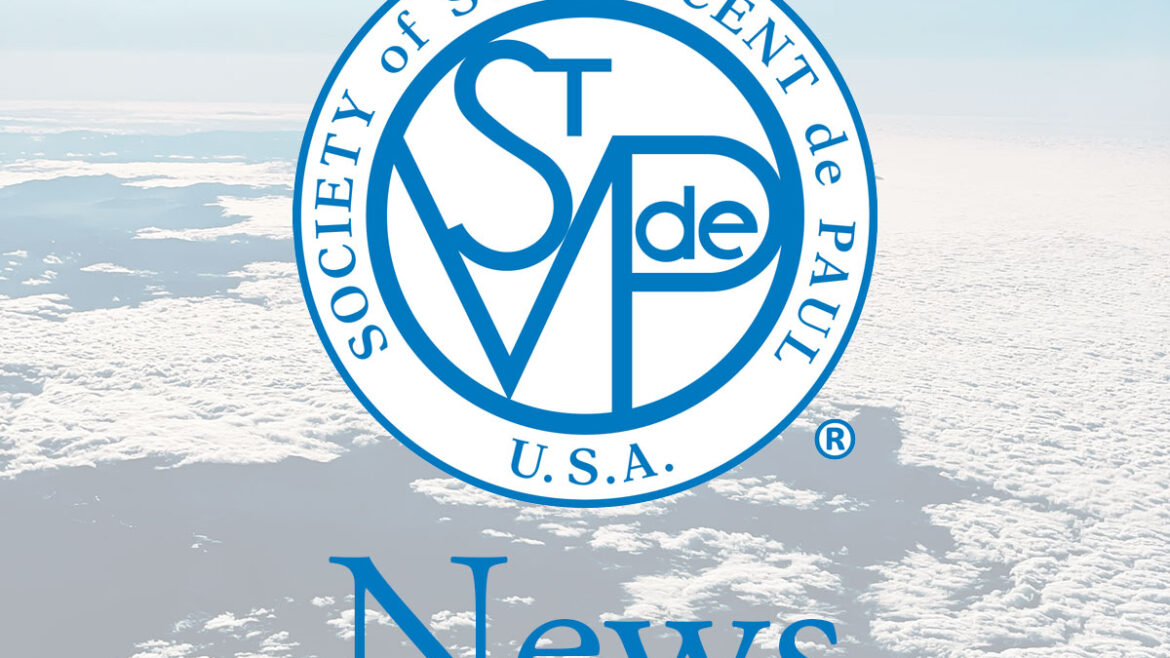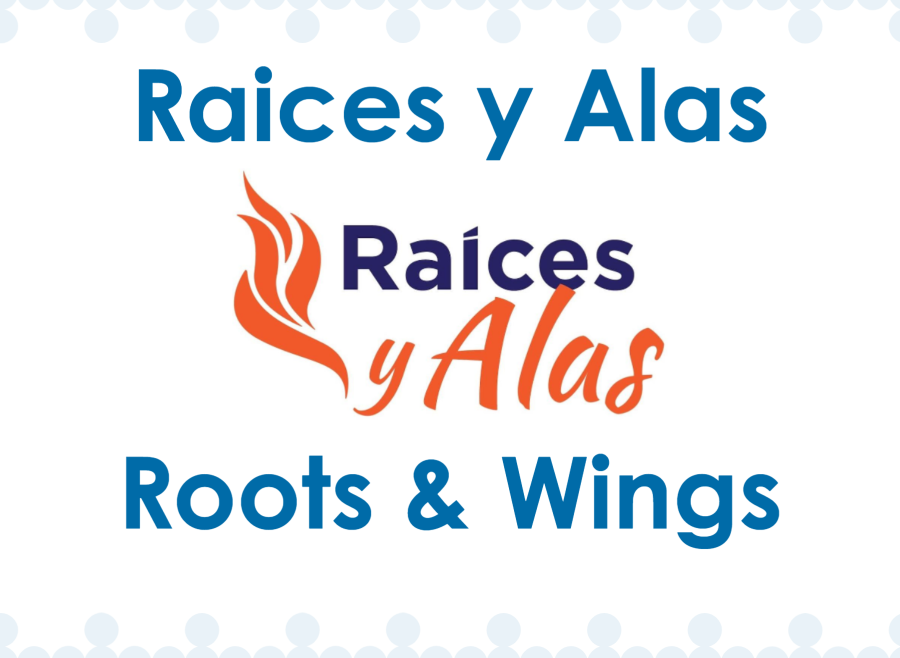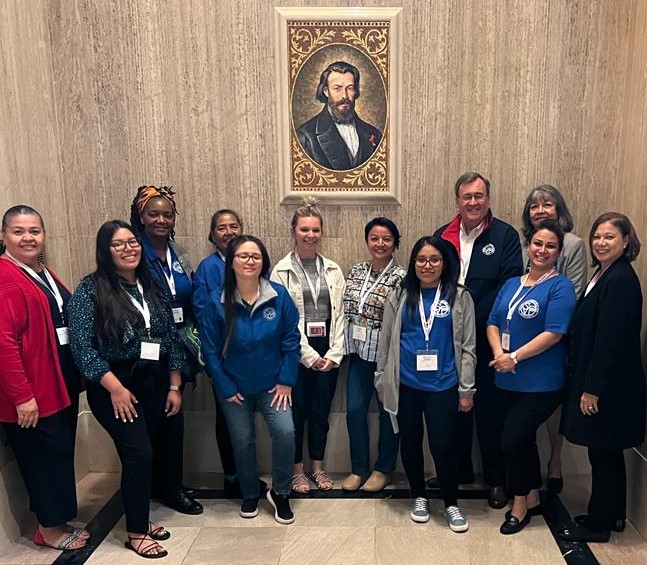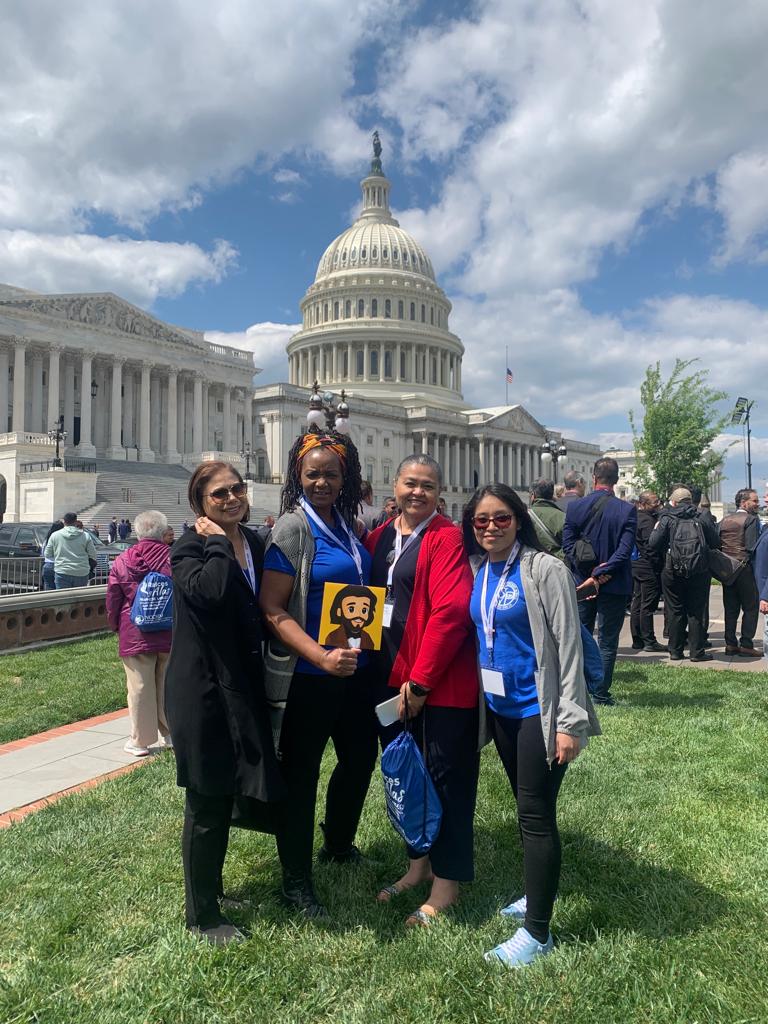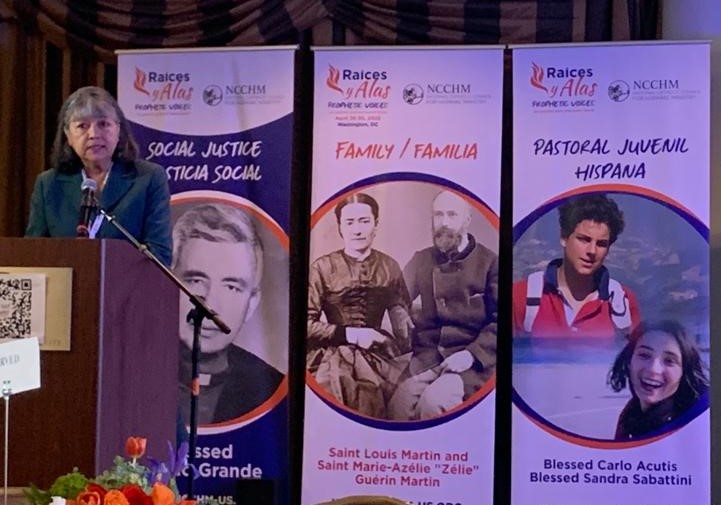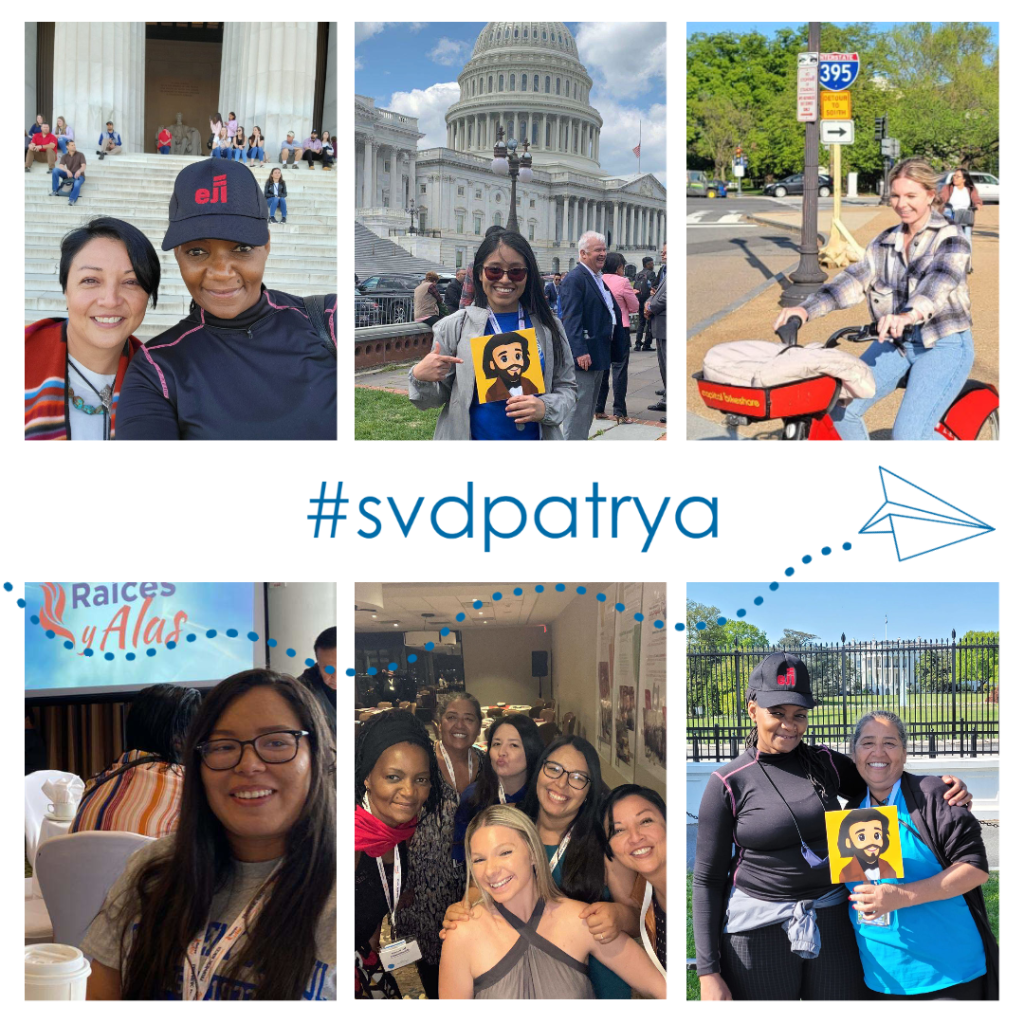With 100,000 Vincentians across the United States and nearly 800,000 around the world, the Society of St. Vincent de Paul provides person-to-person service to those who are needy and suffering. Read some of their stories here:
INTERNATIONAL
- AUSTRALIA: Dig deep to help Vinnies work its wonders for our homeless this winter
- IRELAND: Bettystown woman named SVP Volunteer of the Year
- IRELAND: Two national awards for Co Sligo St Vincent de Paul store
NATIONAL
- BATON ROUGE, LA: More people turning to charities for help due to high inflation
- FORT WAYNE, IN: Service organizations form a “match made in heaven”
- NAPLES, FL: $20,000 grant awarded to St. Vincent De Paul to help hunger
- OAKLAND, CA: Meet the new man in charge of Oakland’s homelessness response
- PHOENIX, AZ: New Phoenix shelter is more than a one-night stop for people experiencing homelessness
- SOUTH BEND, IN: St. Vincent de Paul Society’s Sweet Dreams Ministry receives $25,000 donation
Help us share the good news of the good work being done in your local Conference or Council! Email us at info@svdpusa.org with the subject line Good News.

